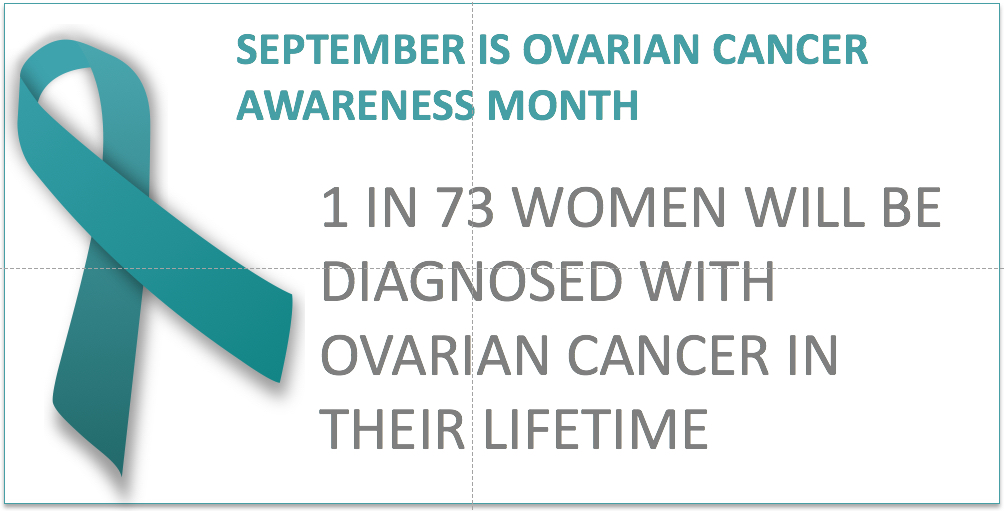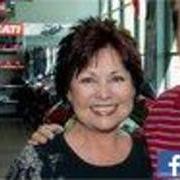I’ve lived with cancer a long time, so long that sometimes it’s hard to remember life before it. But hopefully, I’ve learned something along the way. To me, cancer is like that old adage that says, “Time is the cruelest teacher; first she gives the test, then teaches the lesson.”
Here are just five of mine:
1. I am not in control of everything. This may have been the hardest thing for me to learn. A true control freak, I believed that – had been taught that – one could achieve anything with sufficient work. Having cancer, losing loved ones to cancer, was a profound lesson about life. Sometimes, things just happen over which we have no control. It is those experiences that caused me to find ways to influence the outcome without controlling the process.
2. Pain and suffering are not one. We speak of pain and suffering as a singular experience, inextricably tied as are two sides of a really bad coin. I learned that, while the pain may be mandatory, suffering is an emotional response to the situation. Case in point: Do mothers “suffer” through childbirth? Or extreme athletes “suffer” in their sport when they push past the pain. Ah ha! Life got better when I understood that I was in charge of my response to pain. I am not suffering.
3. Live in the “now” and be fully present for it. We waste tons of time either regretting things in the past or worrying about things that haven’t happened yet, neither of which is happening Now. By constantly living this way, we miss life. The ancient sages said, “Now is all there is,” meaning that the rest exists only in our memories or thoughts. Cancer taught me that this journey is my life and, although I did not choose some of the circumstances, I can choose how I experience it. And to experience it, I must be fully present for it – the good and the other stuff. Cancer helped me stop multi-tasking my way through life and in doing so, I find myself savoring small details, more fully engaged in life around me.
4. Live a life of gratitude. Cancer is a humbling event, stripping one down to the naked core. Then slowly, as one survives, small things are added back. It can make one truly grateful for simple things like sunsets and music and clean water. When we stand to lose it all, it reminds us of all we have.
5. Let it go. I carried around small grievances and big bruises for years . . . unnecessary baggage that, like an elephant on the back of a bicycle just makes the ride so much harder. Then the reality of recurrent ovarian cancer and the uncertainty of recovery helped me surrender my burdens to the past where they belong, freeing me to embrace my precious life more fully and completely.
I’m not one of those who feel that cancer is a gift. It has robbed me of people I love, hurt my family and taken too much of my health and our resources. But it would be a total waste if I had not learned something along the way. These five are only a few.
Annette is a 22-year survivor of ovarian cancer and a one year survivor of breast cancer. She is a national advocate for women's health.






Add a Comment3 Comments
Annette - thank you for such an insightful SHARE.
I couldn't imagine anyone thinking cancer is a "gift," at least not a wanted one. Your lessons learned are how we all should live life, not taking anything for granted and cherishing what and who we have in our lives.
Wishing you well.
September 8, 2009 - 5:53pmThis Comment
Annette - as always, spot on! I'm so glad that you can share your spirit and values with the rest of the world. You remind us that "life" is the "gift", and to live it and learn from it, is our honor to it!
September 8, 2009 - 5:30pmThis Comment
So true Annette. I can certainly identify with your so appropriate article. Yes, we have the test first, then learn the lesson. So well put!
Laurel
September 8, 2009 - 5:22pmThis Comment